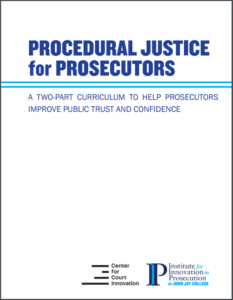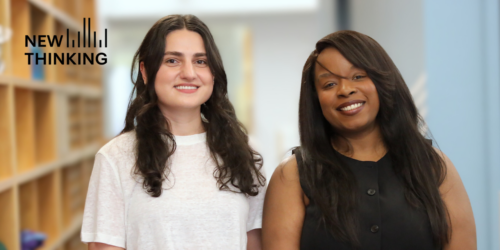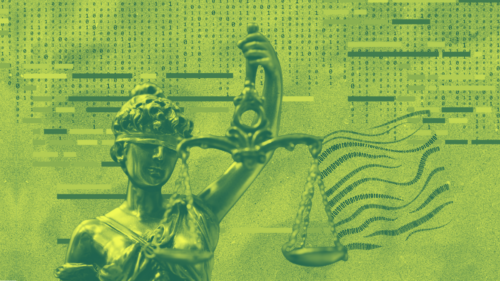Procedural Justice for Prosecutors is a curriculum developed through a partnership between the Center for Court Innovation and the Institute for Innovation in Prosecution at John Jay College in New York City. These materials are a response to the growing recognition among prosecutors that bolstering public confidence in justice is an essential ingredient of reform. The goal of the curriculum is to assist prosecutors as they begin conversations about fairness, equity, and improving interactions with witnesses, defendants, and members of the public. Its design is intended to allow for tailoring to the priorities, concerns, and local challenges of individual prosecutor offices.
Download the accompanying PowerPoint presentation.
The Center’s expert assistance team is available to help interested offices implement training and related interventions.


